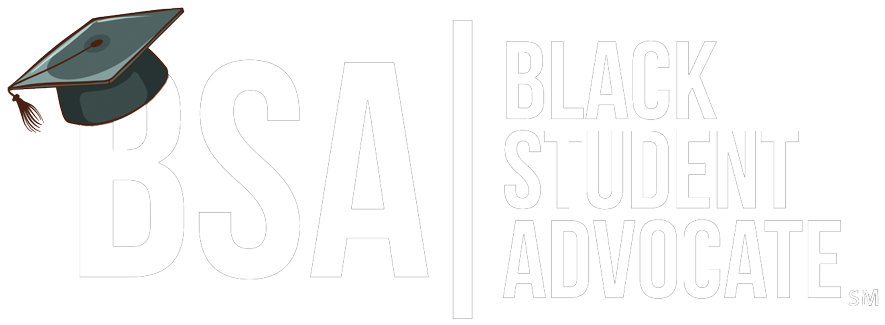Advocacy is crucial in empowering marginalized communities and creating equal opportunities for success. This is especially true in the realm of education, where students from underrepresented backgrounds often face systemic barriers to achievement. The Black Student Advocate Network recognizes the importance of student advocacy in creating a pathway to success for Black students. By providing resources, mentorship, and support, this network aims to address the unique challenges faced by Black students and promote their academic and personal growth. In this blog, we will explore the importance of student advocacy and its impact on creating a more inclusive educational environment.
Understanding Student Advocacy
Student advocacy is a multifaceted concept that involves supporting and championing students’ rights, needs, and well-being. It goes beyond the traditional roles of educators and parents, involving a collective effort to create an environment where students can thrive academically, socially, and emotionally.
Advocacy encompasses a spectrum of actions, from addressing individual needs to influencing systemic changes. It involves recognizing and responding to the unique challenges faced by students, fostering inclusivity, and striving to ensure equitable access to educational resources.
Empowering Students Through Advocacy
Empowering students through advocacy involves:
• Nurturing their voices.
• Cultivating a sense of agency.
• Fostering a culture of collaboration.
When students feel heard and supported, they are more likely to engage actively in their education, leading to enhanced learning outcomes.
One key empowerment aspect is encouraging students to express their needs and concerns. This could involve creating platforms for open dialogue, such as student councils or forums, where students can articulate their perspectives on various aspects of their educational experience. This provides valuable insights for educators and instills a sense of ownership in students.
Furthermore, student advocacy equips learners with the skills to navigate challenges independently. This may include teaching them how to communicate effectively, seek resources, and advocate for themselves. By fostering these skills, students develop resilience and confidence, traits that are invaluable not only in their academic pursuits but also in their future endeavors.
Fostering Inclusivity and Diversity
An integral component of student advocacy is the promotion of inclusivity and diversity within educational institutions. Recognizing and celebrating student differences creates a rich tapestry of perspectives, contributing to a vibrant and dynamic learning environment.
Inclusive practices extend beyond mere acknowledgment; they involve creating policies and structures that accommodate the diverse needs of students. This could include implementing accessible learning materials, supporting students with varying abilities, and fostering an environment where cultural, ethnic, and socio-economic differences are embraced.
Advocacy for inclusivity is a moral imperative and a pragmatic approach to preparing students for the globalized world they will enter upon graduation. Exposure to diverse perspectives and experiences fosters empathy, cultural competency, and a broader understanding of the world’s interconnectedness.
Addressing Systemic Challenges
While empowering individual students is crucial, true advocacy addresses systemic challenges within the education system. This involves scrutinizing policies, structures, and practices that may perpetuate inequality and hinder student success.
Advocacy at the systemic level requires collaboration among educators, administrators, policymakers, and the broader community. It involves a commitment to dismantling educational barriers, whether financial, cultural, or institutional. By advocating for systemic change, stakeholders contribute to creating an educational landscape that is fair, accessible, and conducive to the holistic development of every student.
The Impact on Student Success
The impact of student advocacy on success is profound and far-reaching. When students are actively engaged in their educational journey and supported by a network of advocates, they are more likely to excel academically and develop essential life skills. Moreover, an inclusive and supportive educational environment contributes to positive mental health outcomes, creating a foundation for lifelong well-being.
Beyond the individual level, the ripple effects of student advocacy extend to communities and societies. Empowered and educated individuals are better equipped to contribute meaningfully to their communities’ social, economic, and cultural fabric. In this way, student advocacy becomes a catalyst for positive societal change.
Conclusion
In the tapestry of education, student advocacy is the thread that weaves together learners’ diverse experiences and aspirations. It is a powerful force that empowers students, fosters inclusivity, and addresses systemic challenges, creating a pathway to success beyond the classroom.
Educators, parents, policymakers, and communities must recognize their pivotal role in advocating for students. By doing so, they contribute not only to the academic success of individuals but also to creating a more equitable and harmonious society. As we champion the cause of student advocacy, we invest in a future where every learner has the opportunity to flourish and reach their full potential.







Share This Page